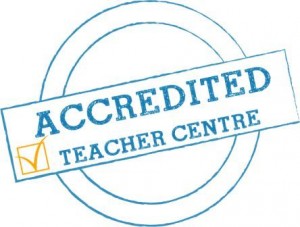There are varying degrees of quality when it comes to TEFL/ESL certificates and courses. When it comes to TEFL Accreditation you can find a course that is accredited and audited by a recognized external body, like ours, or you can find one that is unaccredited and try your luck.
To start up an English teaching course and give out TEFL certificates, you theoretically need no training or experience. You could start a course yourself right now and start handing out TEFL certificates.
Hence, the organization you use to do your course can carry a lot of weight with ESL academies and other potential employers. Accreditation means your course is valid and teaches what it should. This is even more important if you want to use your TEFL certificate in another city or country where your TEFL school is unknown.
So what do TEFL accreditation and moderation actually mean?
Being accredited means that the standard for our course has been set by an organization higher than us, and this standard must always be met. The TEFL accreditation body ensures that we have fair testing practices and transparency of marking.
Many courses, whilst being accredited, are not moderated. All our trainees take part in moderation at the end of the course. The moderator checks the coursework to make sure that the marking is fair and standardized. Trainees also present part of their coursework to the moderator so they can check that the trainee has learned the TEFL methodology.
Finally, trainees have an opportunity to give feedback regarding their opinion about the course in a confidential manner. The moderator then writes a report regarding any improvements that have been suggested and, if appropriate, we implement these in the next course.
Accreditation and moderation ensure that the course you take is of high quality and that your qualification is internationally recognized—think of it as your passport to the world!


